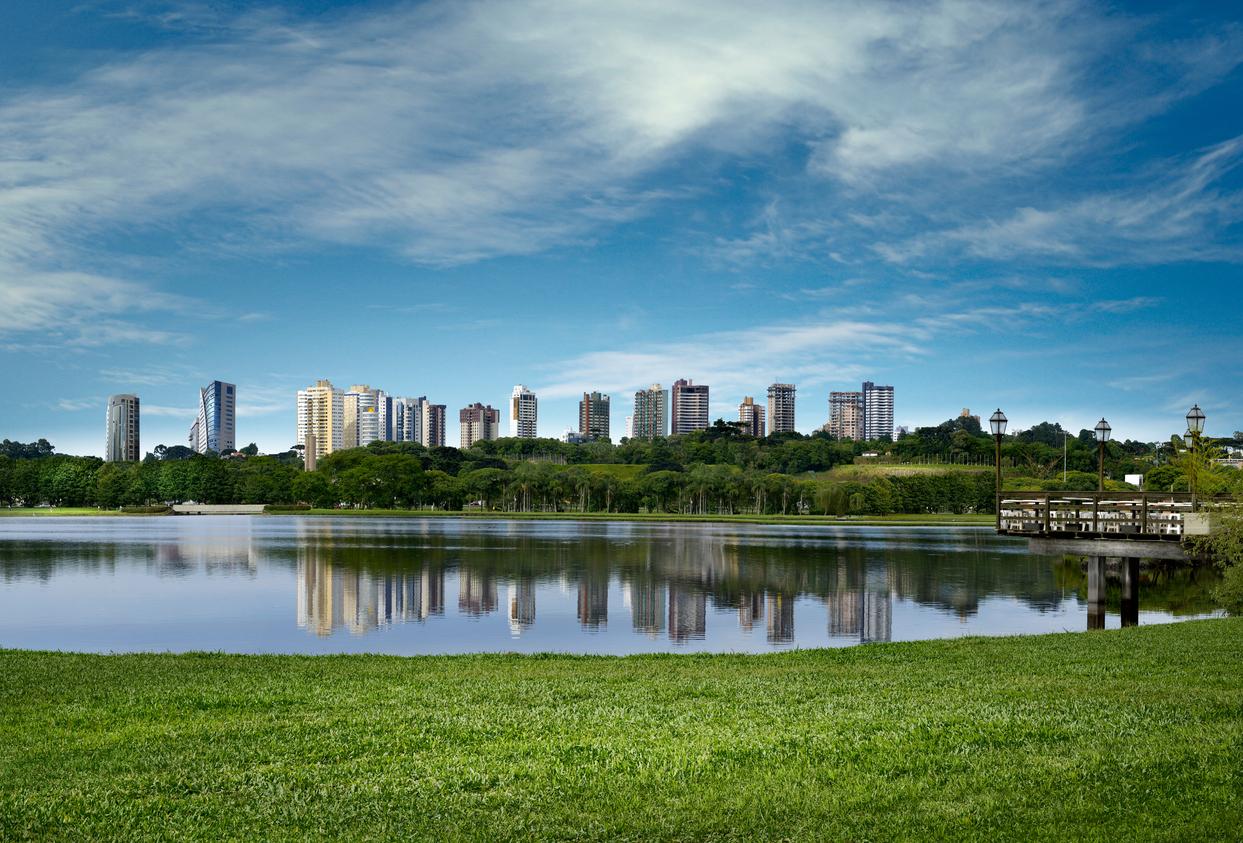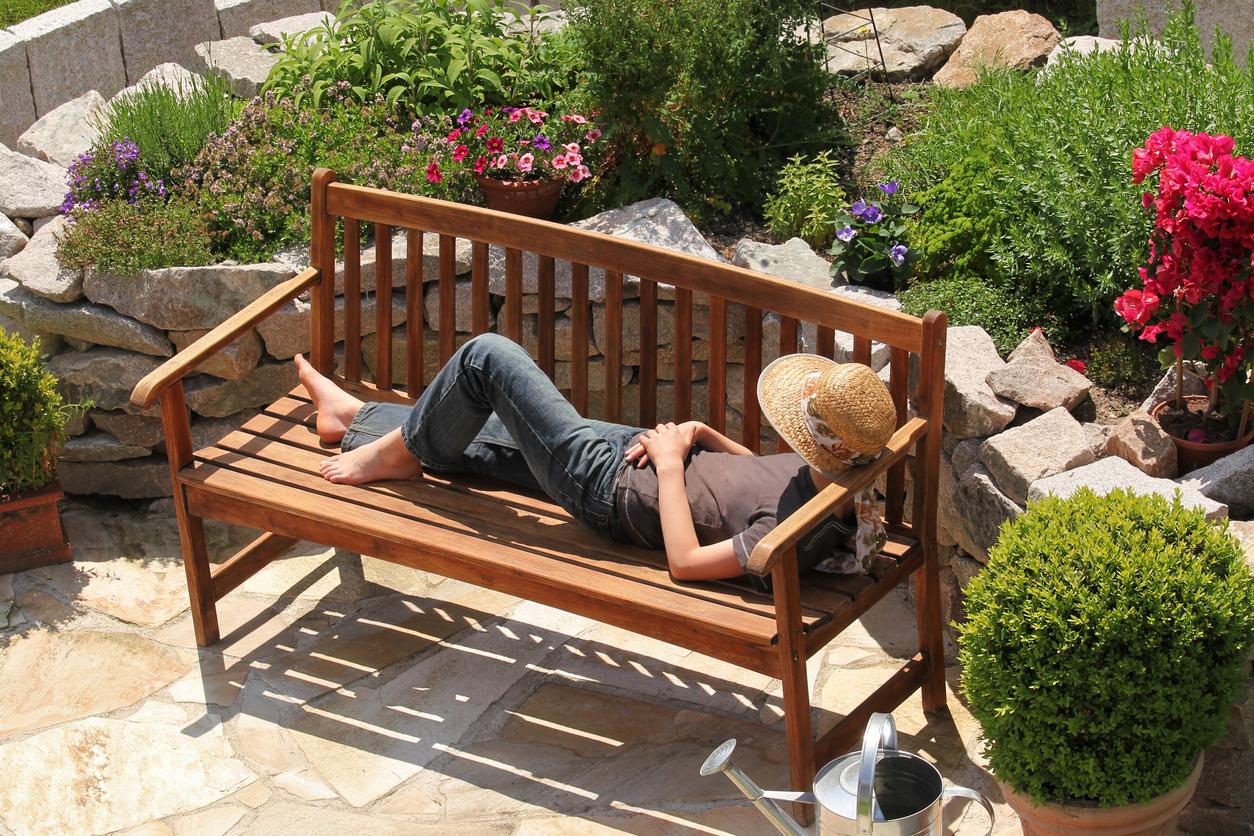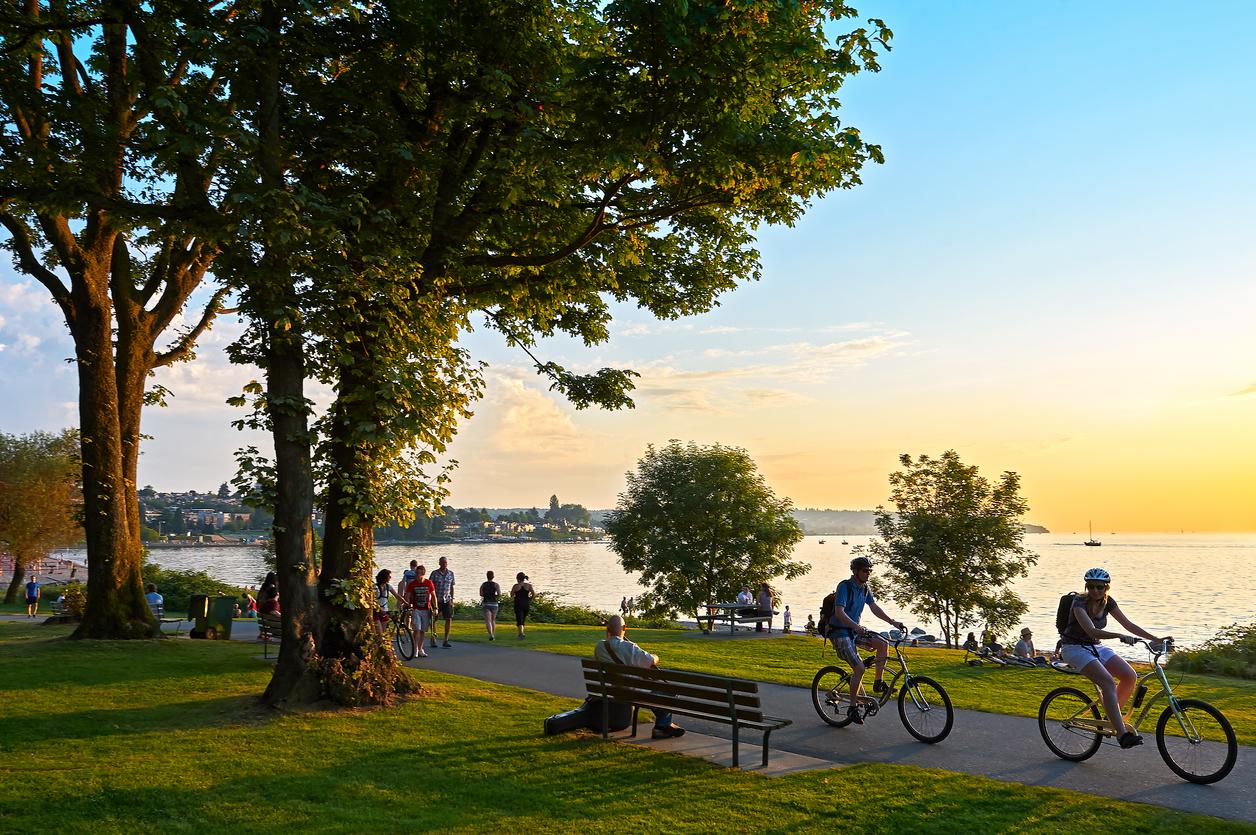The more plant and bird species there are in an area, the healthier the people who live there.

- Having greener spaces near your home encourages physical activity.
- Having a greater diversity of species is often correlated with better environmental conditions, which is beneficial to the health of the inhabitants who live nearby.
The health crisis and the restrictive measures taken to try to limit the circulation of the virus are deleterious to mental health. Since last October, the number of consultations with psychologists has increased by 27% according to data provided by Doctolib, confirming the increase in depressive syndromes.
More green spaces, more physical activities
To improve your mental health, nothing better than getting closer to nature. Several studies have shown its benefits. Walking for two hours a week or even concentrating and listening to birdsong and the sounds of rivers can improve morale, cognitive abilities and can reduce stress. New research, conducted by German scientists, has shown that the more plant and bird species there are in an area, the healthier the people who live there. These results were presented on March 25 in the journal Landscape and Urban Planning.
The researchers used data on the mental and physical health of nearly 30,000 people provided by the German Socio-Economic Panel (SOEP). The latter then took into account estimates of the abundance of plants and the diversity of birds depending on the region. By analyzing the state of mental health of volunteers, they observed a positive correlation with a great diversity and a large number of plants and birds. “A person living in an area with many different plant and bird species feels, on average, better mentally than a person living in an area with low species diversity”, noted Joel Methorst, first author of the study. He also realized that the closer someone lives to a park or green space, the better their mental health.
Conserving nature to improve human health
Furthermore, the researchers found no direct significant relationship between species diversity and physical health. According to them, this link would be indirect: the fact of having greener spaces close to home encourages the practice of physical activity and provides an additional reason to discover plants and birds, which improves their state of health. In addition, having a greater diversity of species is often correlated with better environmental conditions, which is beneficial to the health of the inhabitants who live nearby.
“Our results show that nature conservation can, indeed, be understood as a way to promote human health.concludes Katrin Rehdanz, author of the study. This is particularly relevant for urban planning and the management of green spaces. Here, we show that investing in biodiversity can promote the health of the urban population.”
















